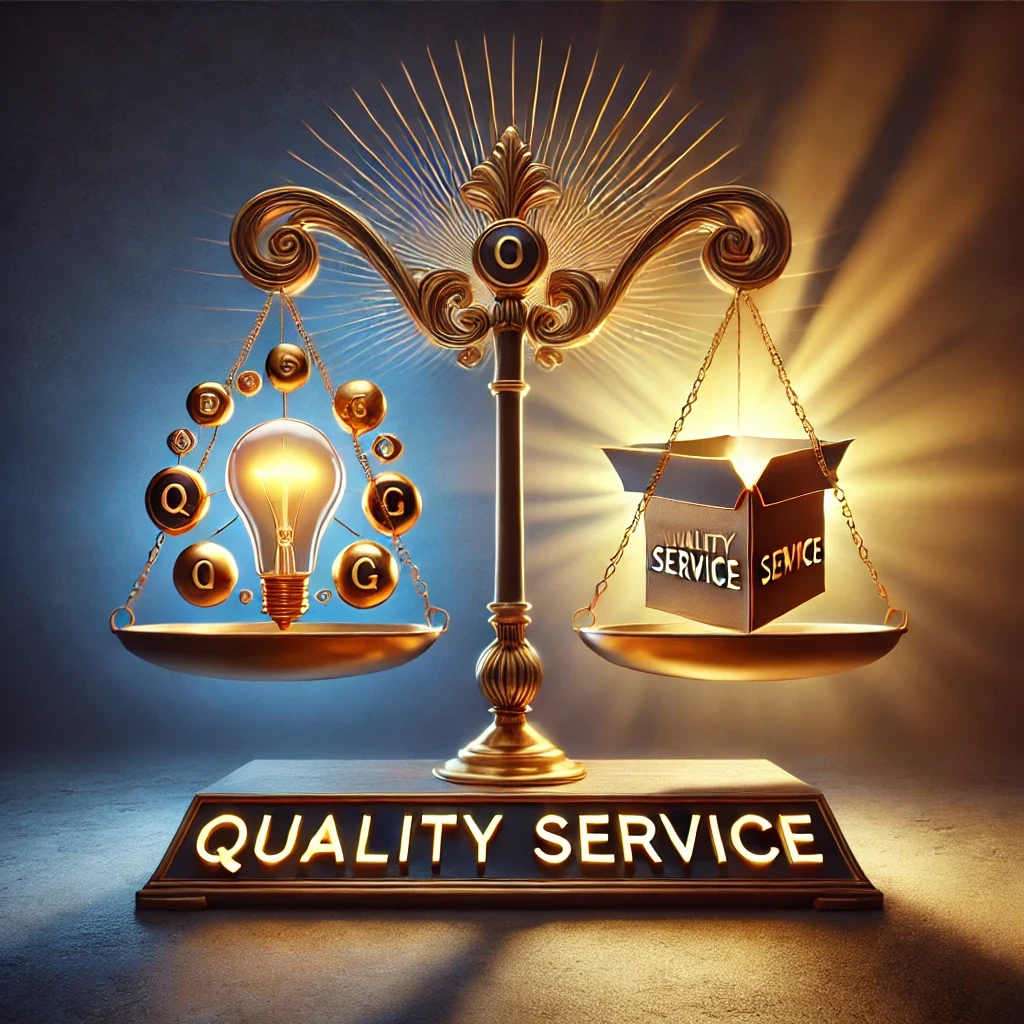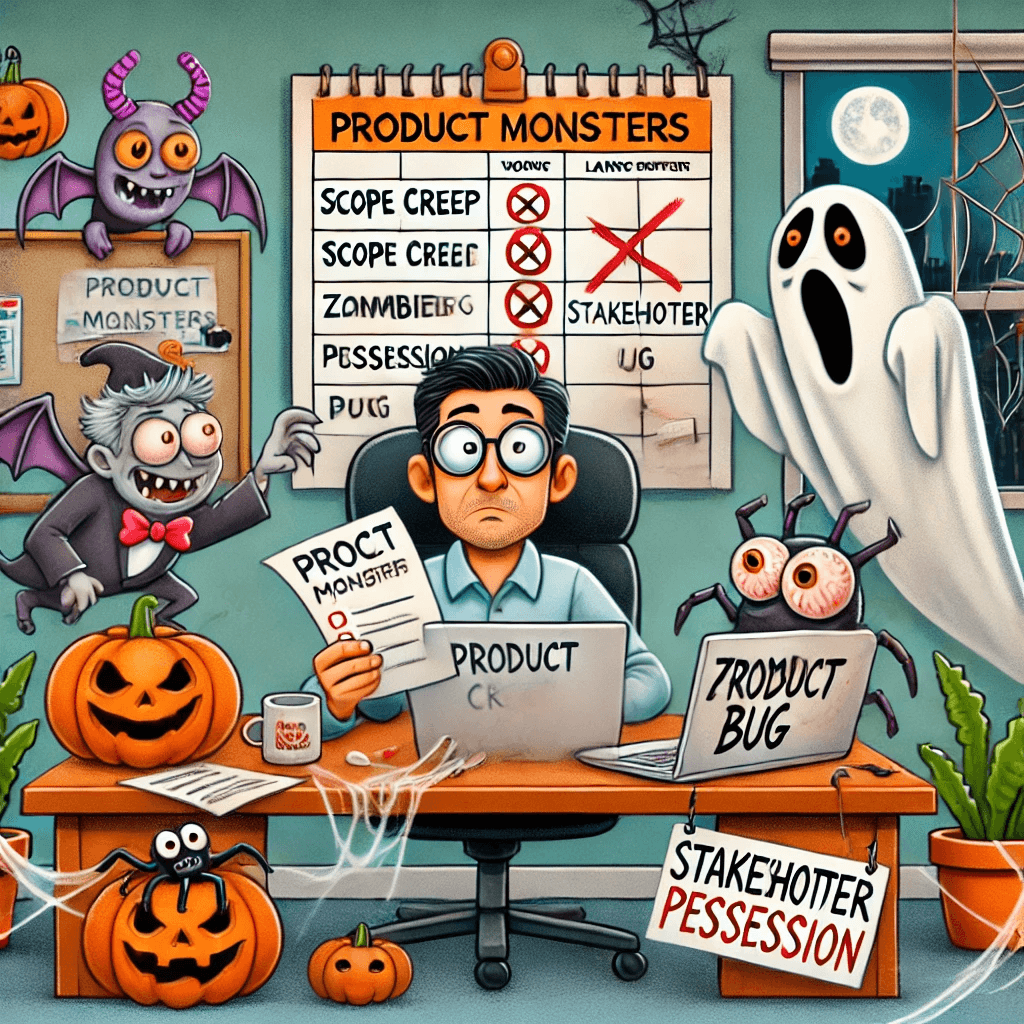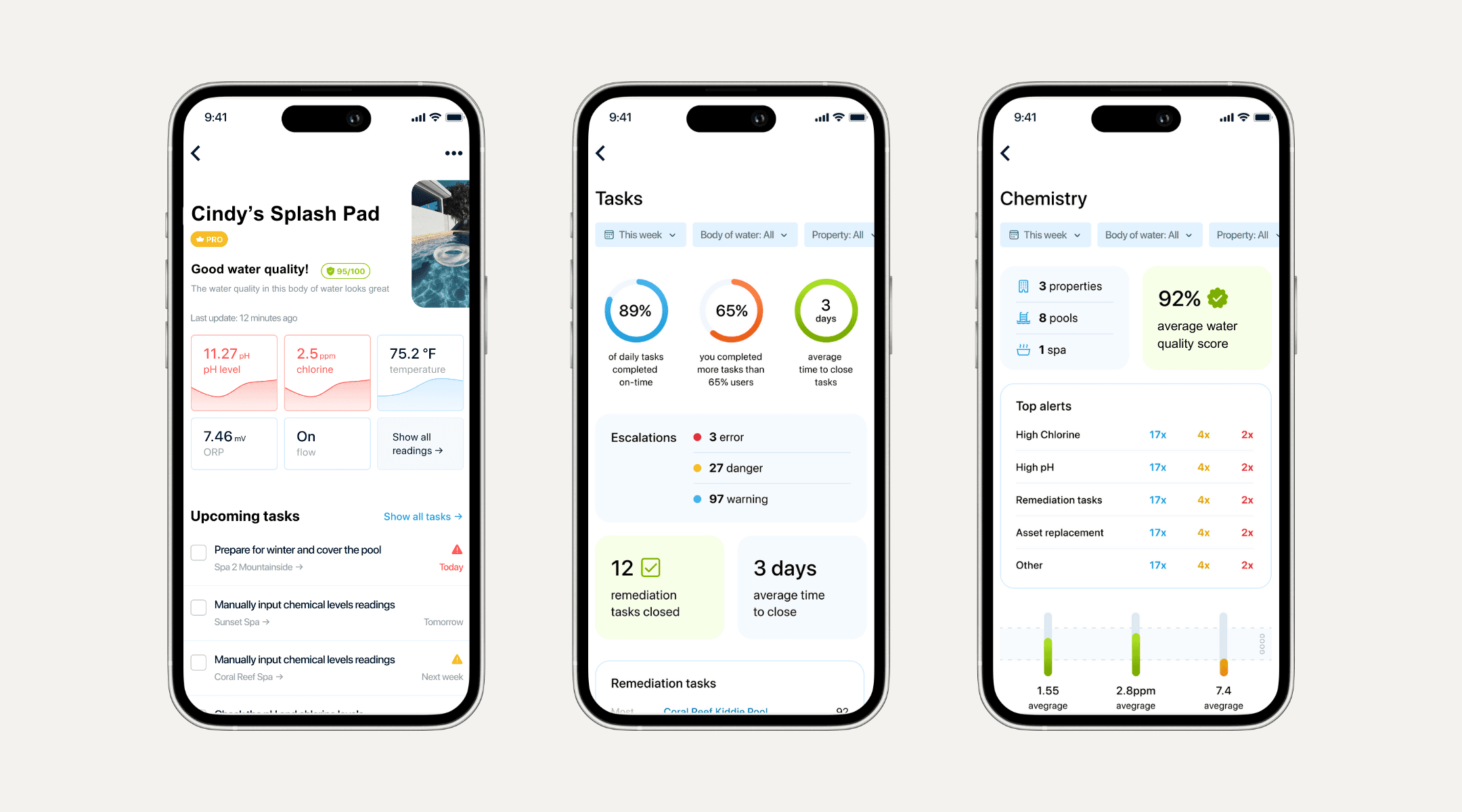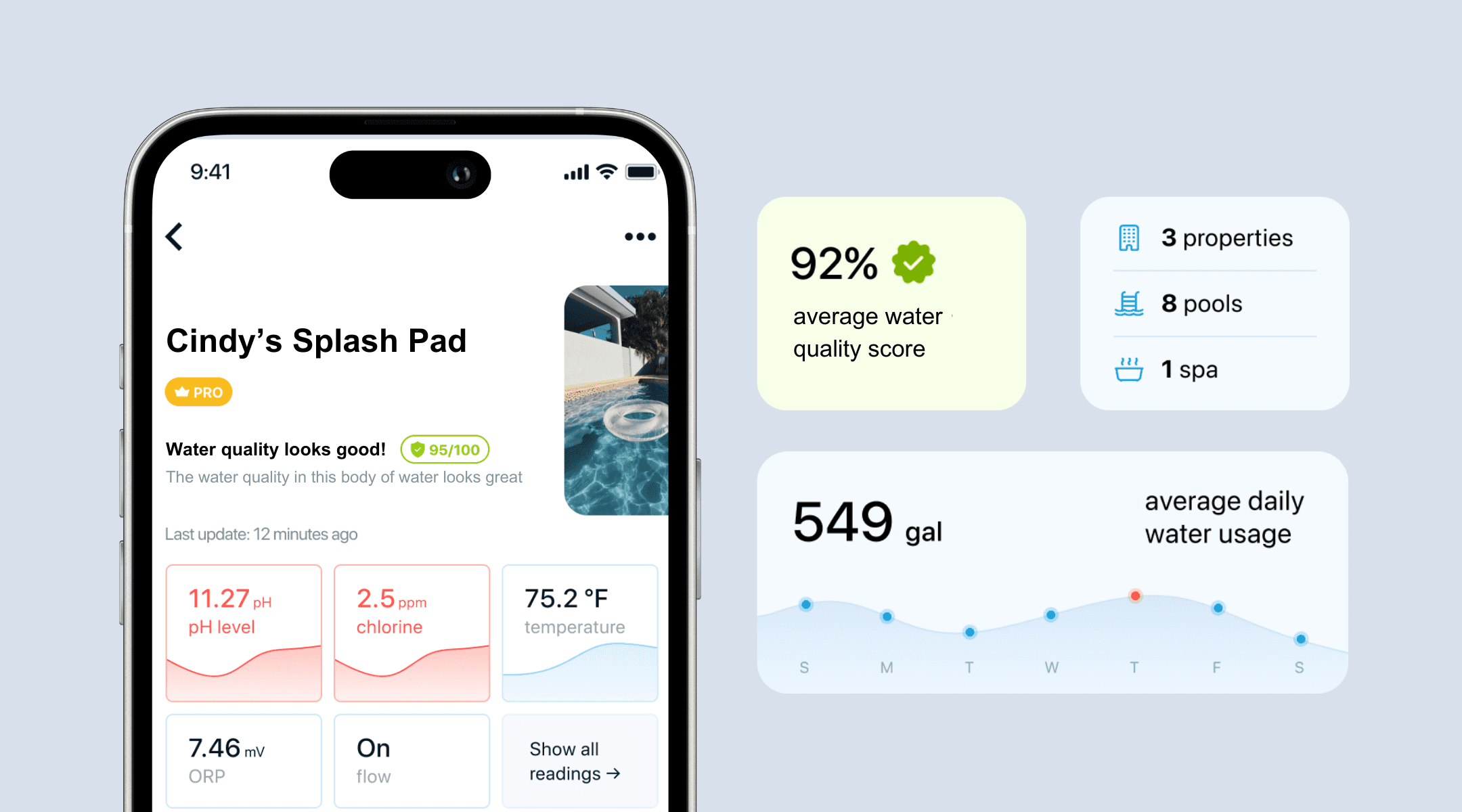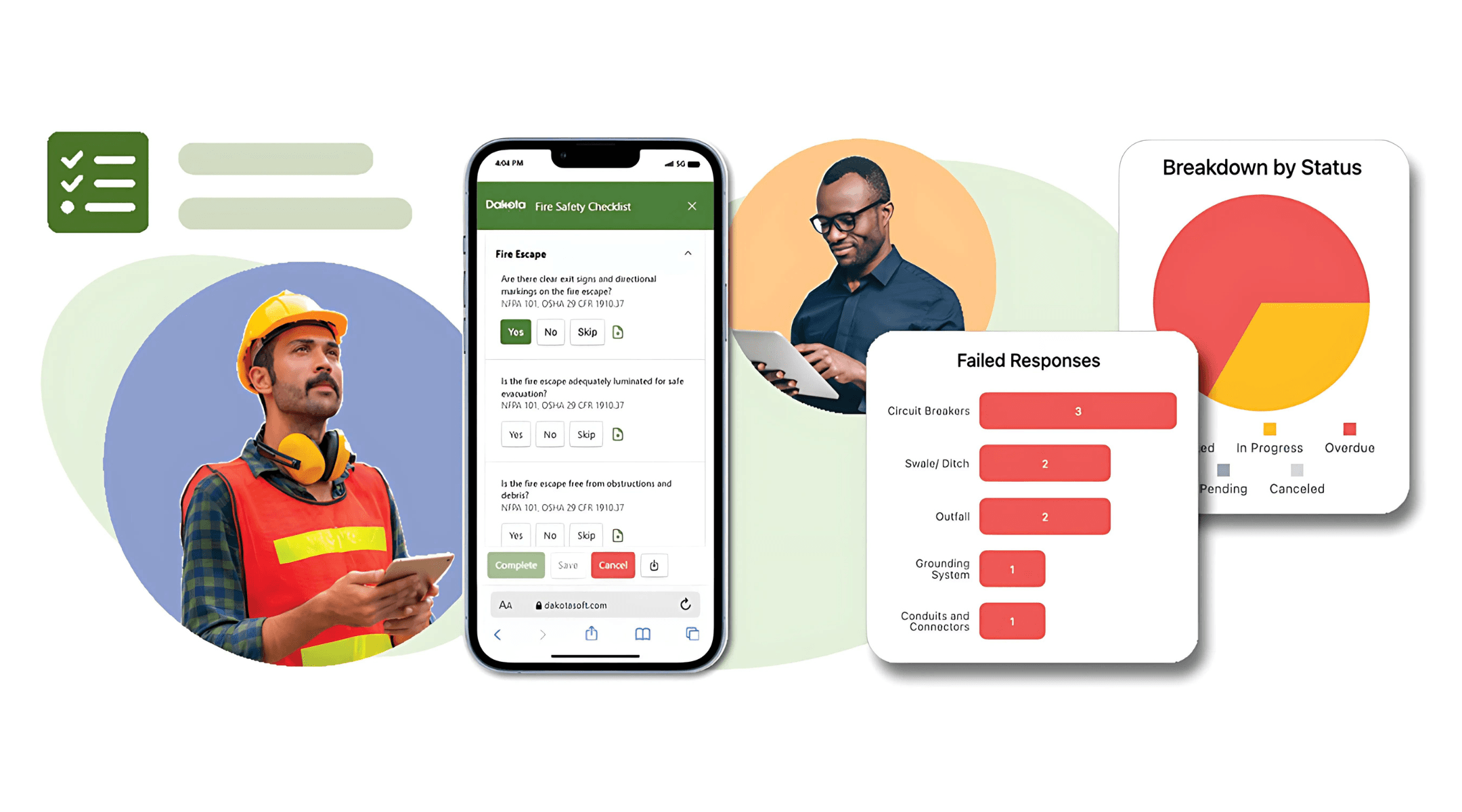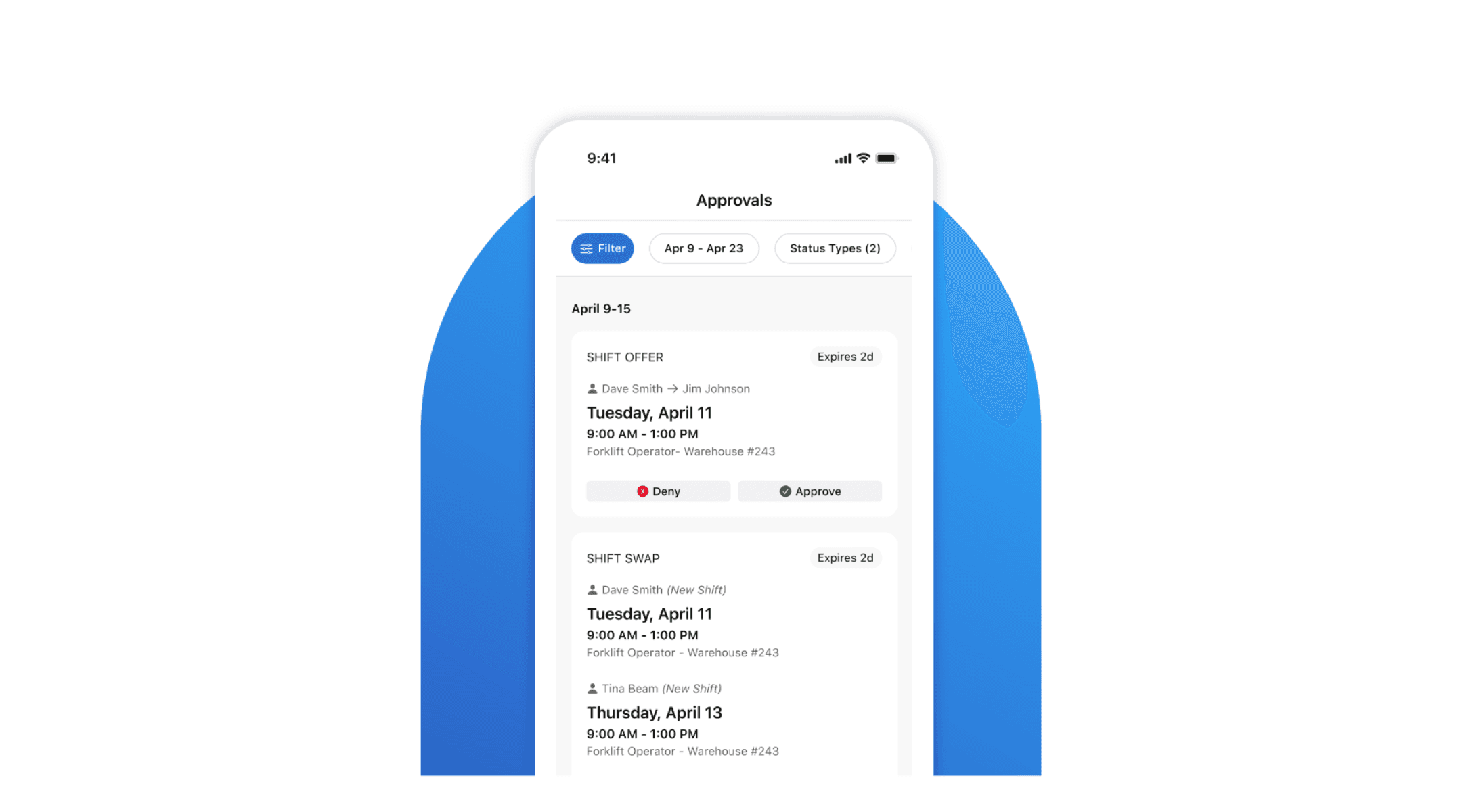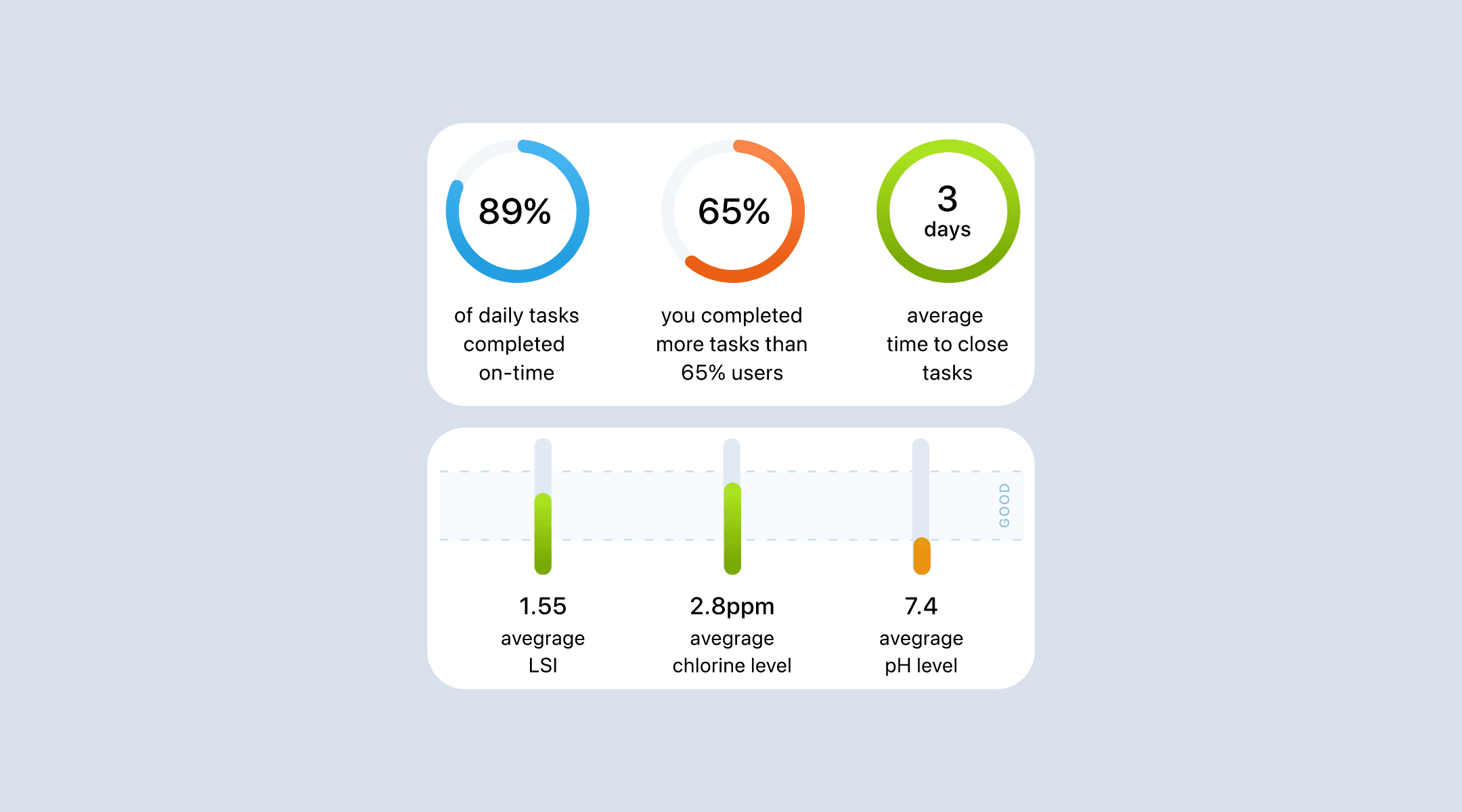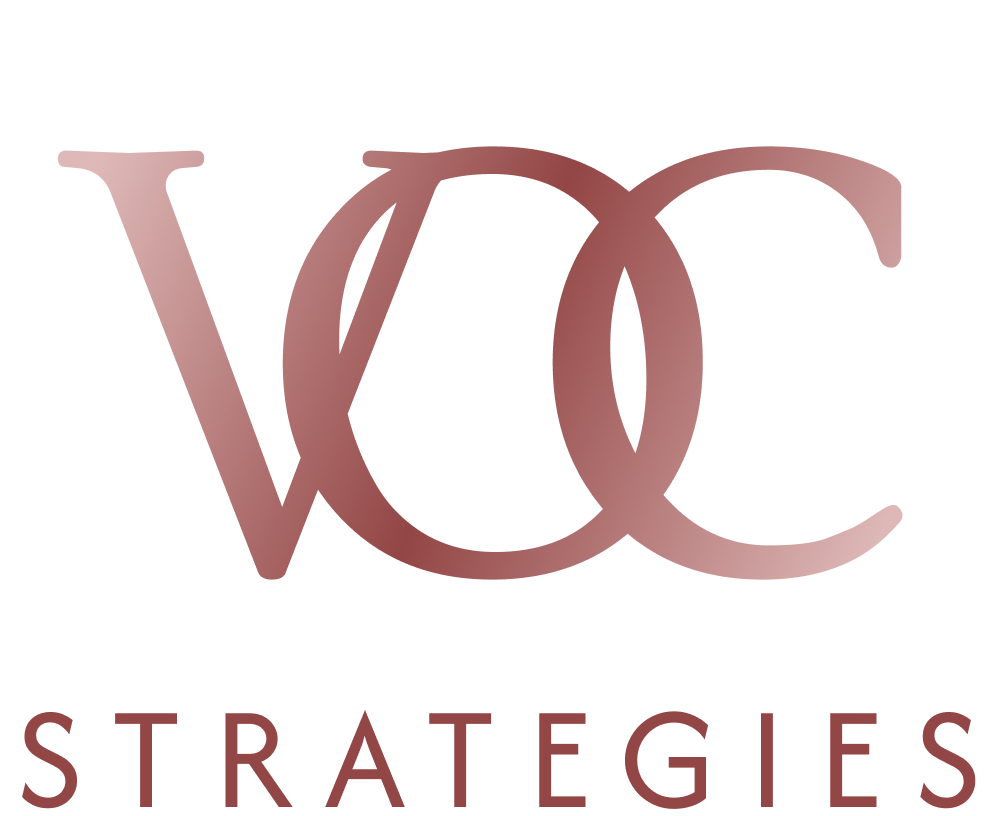Product Management
Understanding the Multiple Natures of "Product"
Products aren't just physical goods; they're also the services that enhance them. Learn why intangible products like consulting and digital subscriptions are just as important as tangible ones, and how to prioritize service quality for customer satisfaction.
/ / / / / / / /
When it comes to business, the term "product" often conjures images of physical goods—items you can touch, see, and use. However, a product is much more than just a tangible item on a store shelf. Products can also be intangible, encompassing services that companies offer to enhance customer experiences.
Understanding this dual nature of products is crucial, especially in an era where customer expectations and experiences are increasingly driven by service quality.
The dual nature of products: Tangible vs. intangible
A product is anything that can be offered to a market to satisfy a need or want. This includes both tangible goods and intangible services. Tangible products are physical items such as smartphones, cars, or clothing. These are the products we can see, touch, and directly interact with.
On the other hand, intangible products are services—experiences, advice, support, and solutions that are provided to customers. Services such as consulting, customer support, and digital subscriptions fall into this category. These are products that cannot be touched or seen but are equally valuable to customers.
Examples of intangible products:
Consulting services: Companies like McKinsey or Deloitte offer expertise and advice that help businesses solve complex problems. The product here is knowledge and strategic guidance—intangible but invaluable.
Digital subscriptions: Streaming services like Netflix or Spotify offer access to a vast library of content. What customers pay for is not a physical item but the experience of entertainment—again, an intangible product.
Examples of products that are both tangible and intangible:
Automobiles with service packages: When purchasing a car, customers often receive service packages that include regular maintenance, repairs, and customer support. The car itself is tangible, but the accompanying service package is intangible.
Home appliances with installation and support: Buying a refrigerator may include delivery, installation, and ongoing customer support. While the refrigerator is tangible, the services surrounding its purchase and use are intangible.
Why services matter: Service as a product
In recent years, the concept of "Software as a Service" (SaaS) has gained significant traction. This model has set high standards for how services should be delivered—focused on reliability, customer satisfaction, and continuous improvement. However, the same level of importance should be attributed to other types of services, whether they are offered as standalone products or as part of a broader offering.
When a company provides a service, it is delivering an experience that should be just as polished and valuable as any physical product. The quality of service can make or break a customer's perception of a company. Unfortunately, recent experiences suggest that many companies are falling short in this area. Despite years of customer loyalty, poor service can leave customers feeling undervalued and neglected.
This decline in service quality raises important questions: Are customer loyalty and service excellence becoming relics of the past? Are companies neglecting to train their representatives in people skills, compassion, and empathy?
The new standard: Empathy, productivity, and accommodation
While the adage "the customer is always right" may not always hold true, companies should strive to offer an empathetic, productive, and accommodating experience—especially for customers who are respectful and courteous. Empathy involves understanding the customer's needs and emotions, productivity is about resolving issues efficiently, and accommodation means being flexible and helpful within reasonable bounds.
In this light, services should be treated with the same level of care and attention as any tangible product. Whether a company is offering advice, support, or a seamless digital experience, the standard should always be high. When customers receive a service that is both valuable and delivered with empathy, they are more likely to remain loyal and view the company in a positive light.
Conclusion
A product is not just something you can hold in your hand; it is also the services that enhance and complement the tangible goods. As businesses continue to evolve, the importance of intangible products—services—cannot be overstated. Companies must recognize that these services are products in their own right and should be held to the same rigorous standards as any other product offering. By doing so, they can foster customer loyalty, enhance their brand reputation, and ensure long-term success.
Latest
From the Blog
Discover fresh insights, practical tips, and empowering stories to help you on your journey towards launching meaningful products!

